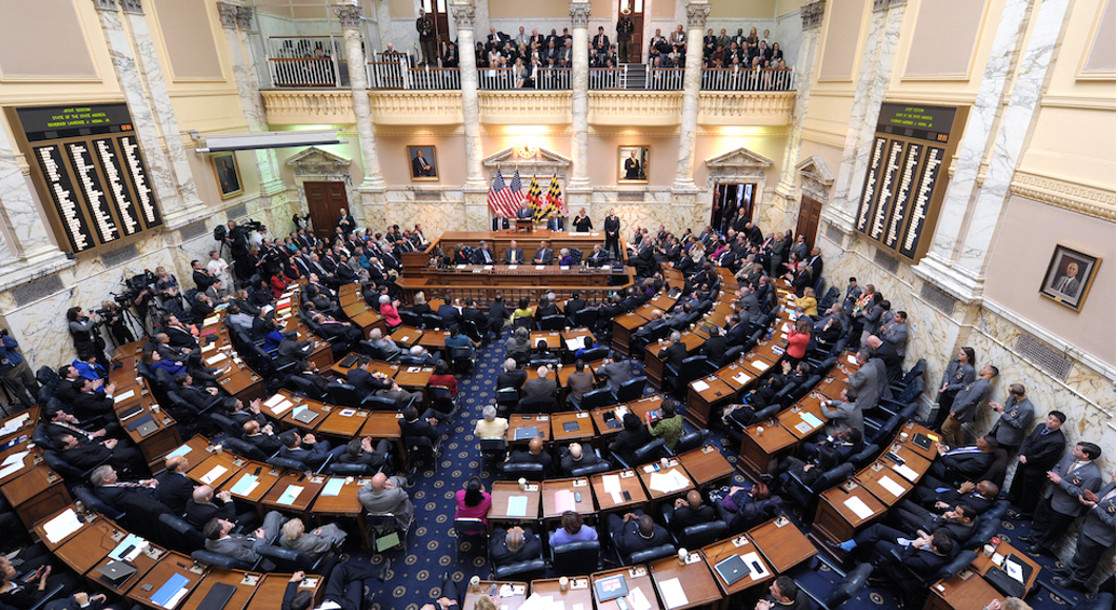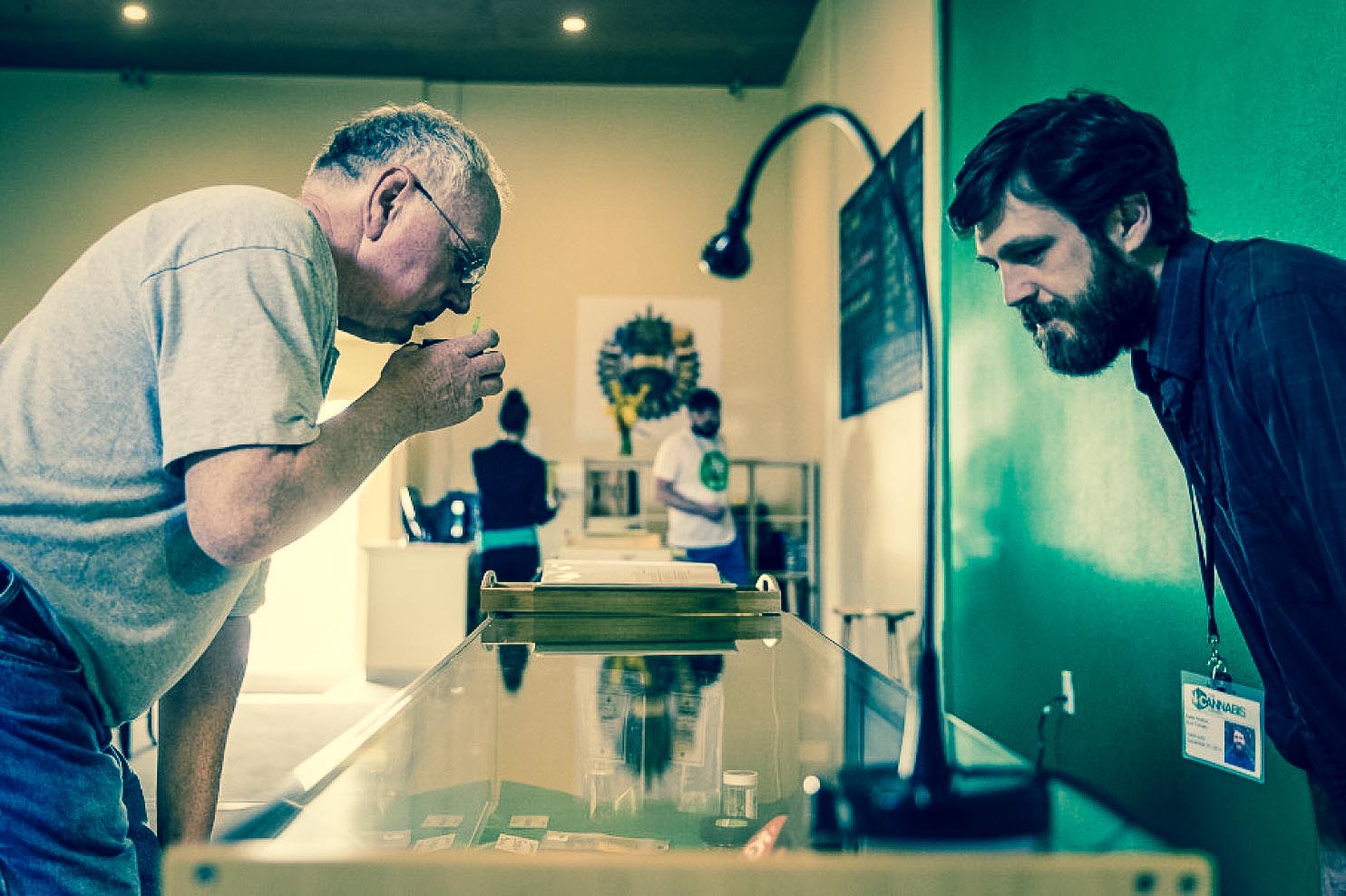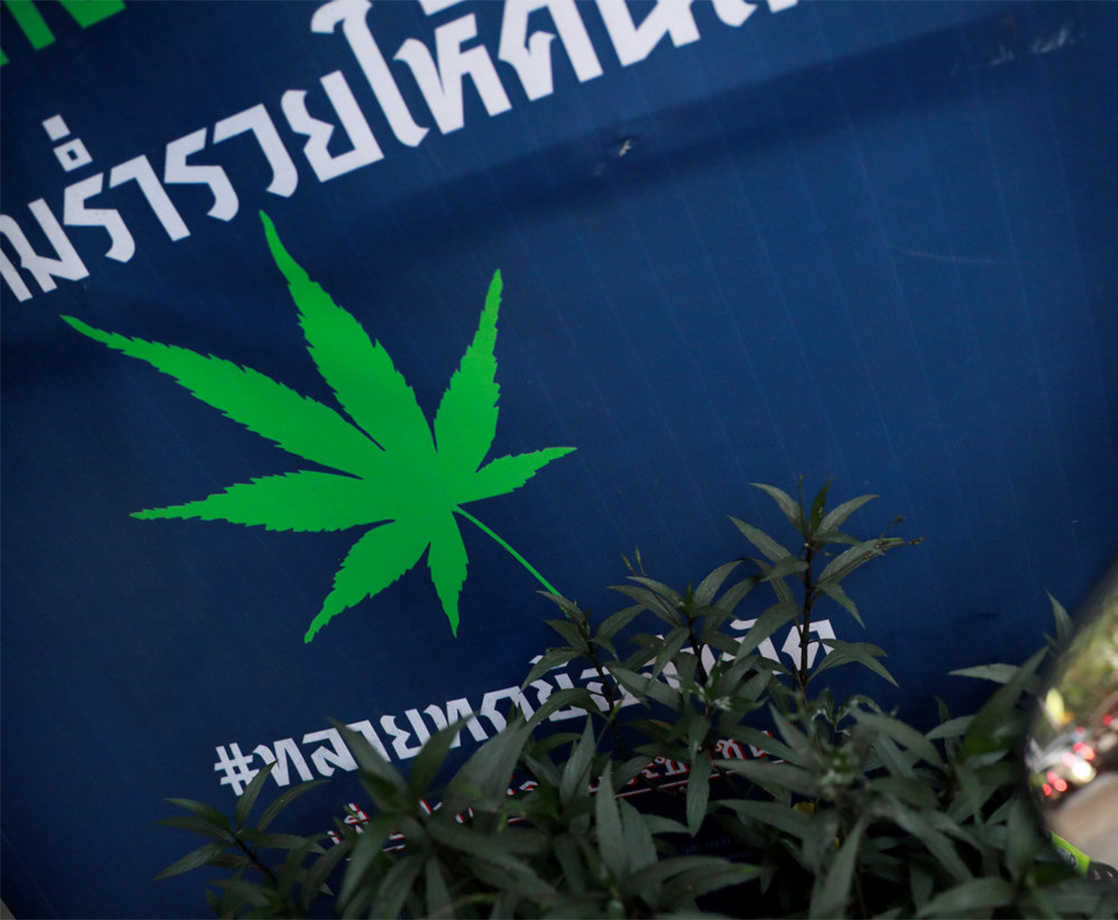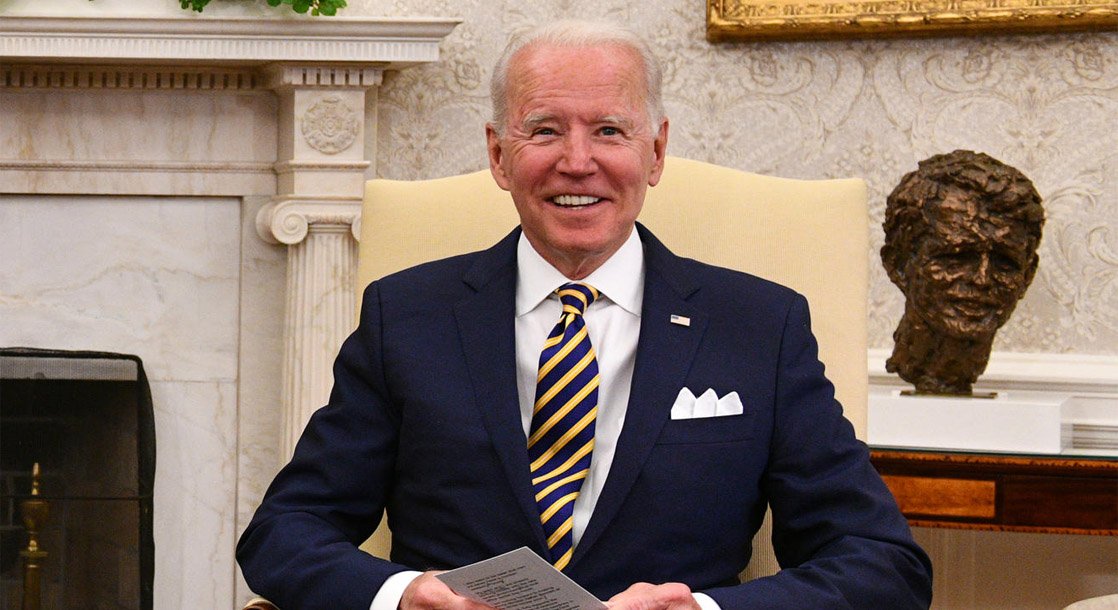On Monday the Maryland Medical Cannabis Commission, the board created by the state’s legislature to develop and regulate its new medical marijuana (MMJ) program, announced that it will hire a consultant to assess whether any special governmental action should be taken to ensure racial diversity among Maryland’s cannabis business owners. The initiative comes after months of public debate and controversy over the commission’s process for selecting growers, processors, and dispensary operators for official licenses, after the panel’s picks for thirty medical cannabis farming and processing permits were revealed in August; “Nearly all the firms that have won preliminary licenses [thus far] are owned by white men,” reports the Baltimore Sun.
The seemingly biased composition of recipients for these surely lucrative awards has since drawn continuous condemnation from the Maryland Legislative Black Caucus, as well as a lawsuit from African-American applicant for a cultivation license Dr. Greg Daniels, who argues that the commission illegally ignored the letter of the legislature’s medical marijuana bill, which explicitly commanded the commission to “actively seek to achieve racial, ethnic, and geographic diversity” when considering applications for state licenses. The commission has defended its practices by stating that they were instructed by the state attorney general’s office to ignore that requirement, on the basis that it would be unconstitutional to act upon without evidence of racial disparities in the cannabis industry. To study whether a case for systemic bias in the MMJ industry can be made will be the task of the Maryland commission’s new consultant.
However during the same meeting in which the consultancy hire was broadcasted, the commission proceeded with choosing 102 applicants to award preliminary licenses for medical cannabis dispensaries, the identities of whom will remain secret from the public until Dec. 9. The commission has also been roundly critiqued by MMJ advocates for its sluggish pace in implementing the program after being given the final green light by former Governor Martin O’Malley over 900 days ago; Commission spokeswoman Vanessa Lyon stated last week that the commission is now committed to expanding access to medical cannabis “in the timeliest manner possible.” Regarding the allegations of unfairness in the commission’s regulatory process, Kate Bell of the Marijuana Policy Project commented, “We are very concerned with the lack of diversity that is in the current pre-approvals, but we have to remember that – fundamentally – this is about protecting sick patients.”
Others vociferously disagree. Baltimore Delegate to the Maryland General Assembly and leader of the Legislative Black Caucus Cheryl Glenn remarked “It’s unbelievable to me that the commission would move forward on anything when they know all of their decisions to date are under complete scrutiny. Why move forward and create more confusion and discord with additional licenses?” Glenn, also one of the authors of the original medical marijuana bill, has threatened to halt the process from advancing further without redress of obvious demographic imbalances in licensing, stating “Do not think for one minute that anyone is going to move forward without minority participation. It ain’t going to happen.”
Glenn is also judgmental of the notion that the commission’s preferred consultant will be able to offer any further clarification on racial disparity in the cannabis industry, stating “you don’t have to look at marijuana to see disparities. Look at the current pharmaceutical industry. Look at the issues for black farmers.” Her arguments are validated by recent investigative journalism documenting the prevalence of white, wealthy ganja-preneurs across cannabis-legal states, but also by an ethical viewpoint which reasons that the groups which suffered most under marijuana prohibition—people of color—should have equal representation in the now acceptable trade.
This dispute is likely nowhere close to resolution, despite the commission’s attempts to hasten the process. Glenn and her legislative allies will meet on Dec. 7 to “commit to emergency legislation” to alter the course of Maryland’s medical cannabis program. Meanwhile another lawsuit is pending from two other applicants for cultivator licenses who allege they were unfairly denied permits despite their superlatively high scores without being given the opportunity, supposedly offered to other applicants, to address their perceived deficiencies. As these battles continue to be waged in the state’s legislative committees and courtrooms, one thing’s for sure—Maryland’s first go-around with the green definitely isn’t a rush.











